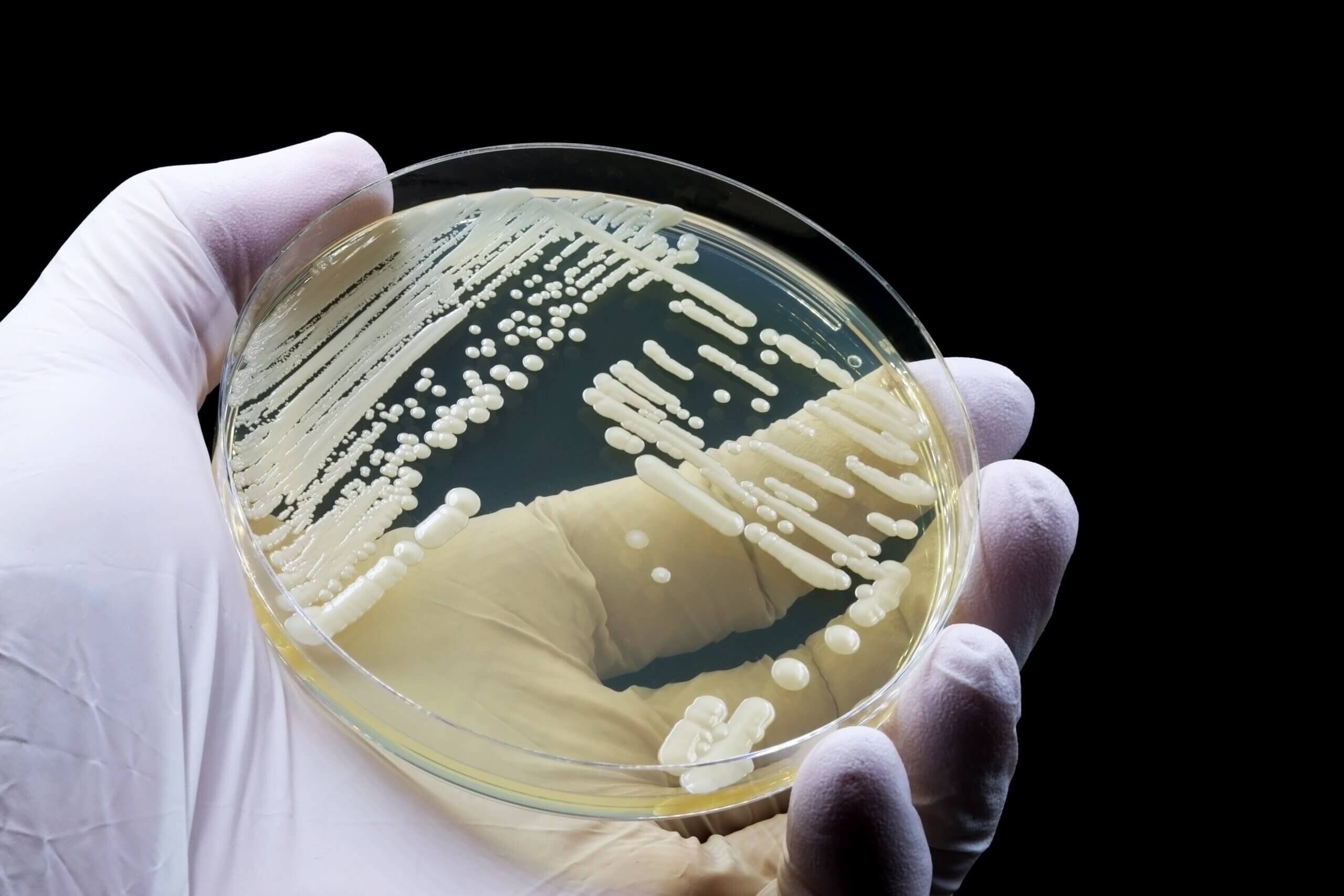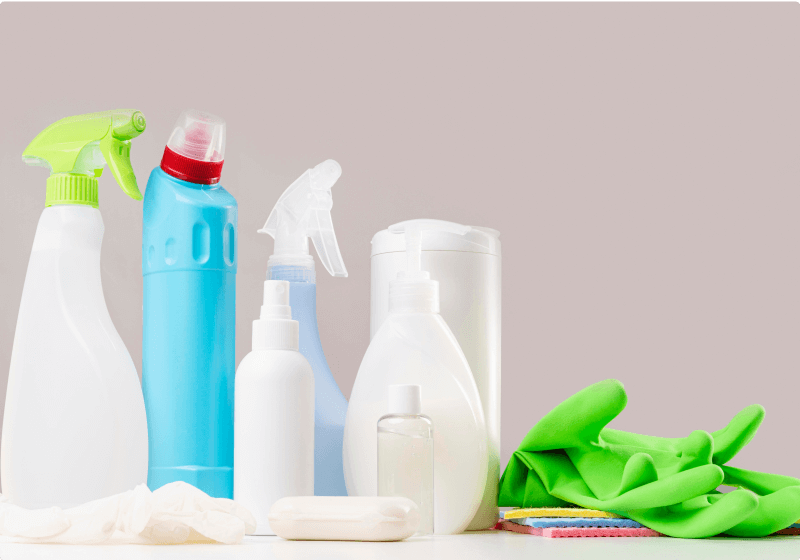With the emergence of novel pathogenic microorganisms such as the SARS-CoV-2 which was responsible for the pandemic, the importance of using effective hand hygiene products has gained immense attention. Hand hygiene products such as hand sanitizers play an important role in preventing the spread of infections. However, the efficacy of these products must be tested before they are marketed for use. Standards such as EN 14476 play an important role in verifying the effectiveness of these products against viruses.
What is EN 14476?
EN 14476 is a European Standard which specifies the testing methods and requirements for determining the virucidal activity of disinfectants and antiseptics. This standard is important for products that are used in medical areas, public institutions, and in the food industry where it is highly important to control the spread of viruses. The certification ensures that the products are effective against a range of viruses including both enveloped and non-enveloped viruses.
The Importance of EN 14476 Certification
EN 14476 is an important standard as it provides assurance that the sanitizers are effective against viruses. This certification is an indication that the product has undergone thorough testing to meet regulatory requirements for virucidal activity. Certification also instills trust among consumers and institutions which use these products for prevention of viral infections.
Scope of EN 14476
EN 14476 standard is applicable to a wide variety of products like hand sanitizers, surface disinfectants, and medical equipment disinfectants. The standard provides both qualitative and quantitative analysis of the products. The standard also provides guidelines on the test microorganisms which includes both enveloped and non-enveloped viruses, thus ensuring broad-spectrum effectiveness of the products.
The EN 14476 Certification Process
Initial application
The first step of obtaining certification is the submission of an application containing detailed information about the product, its scope and applications. The manufacturer must also submit samples of the product for testing along with the application.
Pre-testing phase
A pre-testing phase involves
- selecting appropriate strains of viruses. EN 14476 specifies using both enveloped and non-enveloped viruses to assess a broad spectrum of virucidal activity.
- Preparing test solutions of the disinfectant or antiseptic at required concentrations.
- Preparation of test virus suspensions and interfering substances.
Laboratory testing
Quantitative suspension test- EN 14476 is a quantitative suspension test that involves exposing a suspension of viruses to the disinfectant product in the presence of interfering substances for specified contact time at specified temperature. The product’s efficacy is determined by measuring the reduction in the viral activity. The product must show a 4 log reduction (99.99%) in the viral count in order to pass EN 14476 efficacy test.
Data Analysis and Report Generation
After testing, results are analyzed to determine if the products meet the required standards for virucidal activity. A detailed report including the test methodology, the test conditions and the results obtained are documented and submitted to the certification body.
Review and Certification Decision
The certification body reviews the report to ensure compliance with EN14476 standards. If the product meets all the necessary criteria, the certification is provided. This certification is valid only for a specified period of time, after which the product must be re-evaluated to maintain certification.
Benefits of EN 14476 Certification
Consumer Confidence: EN 14476 certification enhances consumer confidence in hand hygiene products. Knowing that a product meets stringent European standards for virucidal efficacy reassures users about its effectiveness in preventing viral infections.
Regulatory Compliance: Manufacturers must obtain certification of EN 14476 for sanitizers to gain market access in many European countries. This certification shows that the product meets the regulatory standards which facilitates smoother product approvals and market entry.
Competitive Advantage: EN 14476 certification of products can provide manufacturers with a competitive advantage in a crowded market. In addition, products can be advertised as being efficacious and thus attract more consumers and institutional buyers.
Public Health Impact: Certified hand hygiene products help in reducing the spread of viral infections which in turn contributes to protecting public health. This is important in healthcare settings, schools and public transports where the risk of spread of viral infections is very high.
Role of MIS
At Microbe Investigations Switzerland, we provide specialized testing services to help you achieve EN 14476 certification for your hand hygiene products. Our expert microbiologists utilize advanced methodologies to ensure your products meet the highest standards for virucidal efficacy. With MIS, you can be confident that your hand sanitizers and soaps are not only effective but also compliant with international regulations, enhancing consumer trust and safety.
To learn more about our EN14476 testing services or to schedule a consultation, please contact our specialists today.














